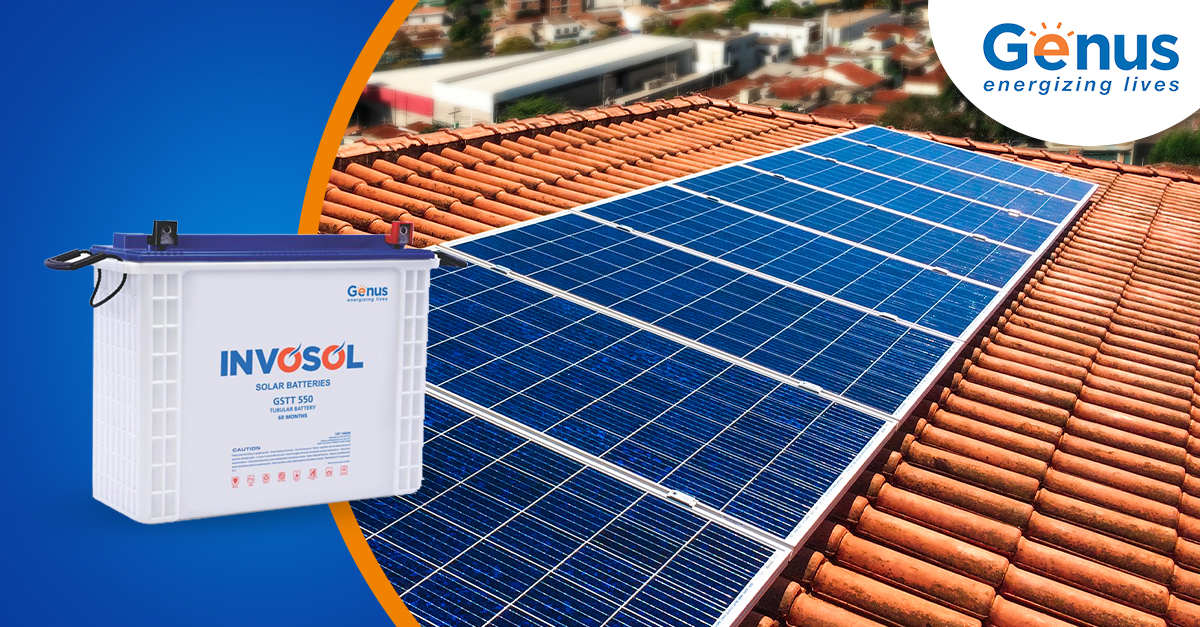Hydraulic Rock Breaker Spare Parts,Rock Breaker Spare Parts,Rock Breaker Spares Yantai Tianbing Construction Machinery Co., Ltd , https://www.tbbreaker.com
As per a report by the Solar Energy Industries Association, the demand for solar batteries has significantly increased over the past few decades, not only among homeowners but also businesses. This surge is mainly driven by the unreliable power supply in many regions and the environmental impact of traditional electricity generation methods.
If you're aiming to maximize the efficiency of your solar energy system, choosing the right battery is crucial. That's where this comprehensive solar battery buying guide comes in handy. Whether you're a first-time buyer or looking to upgrade, this guide will help you make an informed decision and ensure you get the best value for your investment.

**What is a Solar Battery?**
A solar battery is a storage device that captures and stores electricity generated by your solar panels. It allows you to use that energy later, whether during the night, during a power outage, or when electricity demand is high. These batteries are essential for maximizing the benefits of your solar installation.
**What to Look for in a Solar Battery?**
- **Battery Capacity and Power**
The capacity of a solar battery refers to how much energy it can store, typically measured in kilowatt-hours (kWh) or ampere-hours (Ah). It’s important to choose a battery that can be expanded or "stacked" so you can increase your storage capacity as needed.
Power rating, measured in kilowatts (kW), indicates how much energy the battery can deliver at once. A high-power battery can run your entire home for a short time, while a high-capacity battery can power a few appliances for longer periods.
- **Depth of Discharge (DoD)**
This tells you how much of the battery’s total capacity you can actually use before needing to recharge. For example, if a 10 kWh battery has a DoD of 90%, you can use 9 kWh before recharging. Higher DoD means better utilization of your stored energy.
- **Round Trip Efficiency**
This measures how efficiently the battery converts stored energy back into usable electricity. If a battery takes in 5 kWh and returns 4 kWh, its round-trip efficiency is 80%. Higher efficiency means less energy loss and better long-term savings.
- **Battery Life and Warranty**
Look for a manufacturer that offers a strong warranty, either in terms of years or number of charge cycles. The lifespan of a battery depends on the brand and how well it maintains its capacity over time.
- **Battery Type**
There are several types of solar batteries available:
1. **Flow Batteries**
These use a liquid electrolyte to store energy and are known for their long lifespan and recyclability. However, they tend to be more expensive and require more maintenance.
2. **Lead-Acid Batteries**
A traditional and affordable option, these batteries are reliable but often bulky and slower to charge. They are best suited for basic applications.
3. **Lithium-Ion Batteries**
Popular due to their high efficiency, long lifespan, and ability to handle various temperatures. They are more expensive than lead-acid but offer better performance and durability.
4. **Tubular Batteries**
A type of lead-acid battery commonly used in areas with frequent power outages. They have high charging and discharging rates and are ideal for regions like Tier 2 and 3 cities in India.
**Conclusion**
Investing in a solar battery is a smart move that can provide long-term benefits, from energy independence to cost savings. By considering factors like capacity, efficiency, warranty, and battery type, you can find the perfect match for your needs. If you’re looking for reliable options, brands like Genus offer high-performance, durable, and affordable solar batteries that are designed to meet modern energy demands. Choose wisely and enjoy the full potential of your solar system.